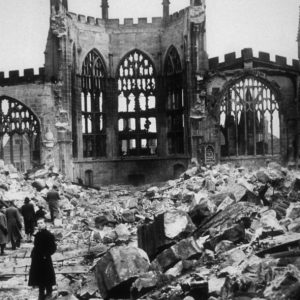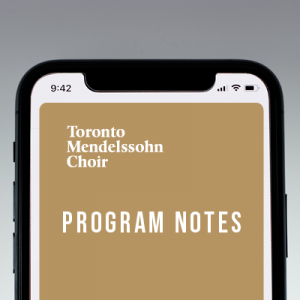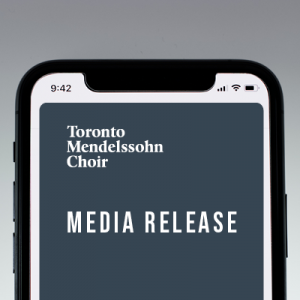Jenna Simeonov, Schmopera.
There was a moment of particular vitriol in Bramwell Tovey's brief remarks before giving the Toronto Symphony Orchestra its downbeat for Britten's arresting War Requiem. He said, "When the sun goes down, and when the sun comes up - and in the rain - we shall remember." It was a pointed, verbal bite directed at a US President who, 100 years after the official end of WWI, was too small and weak to pay an in-person visit to an American military cemetary outside Paris; he cited rain as his excuse, which is in horrific taste even as it is thinly-veiled code for pouting and narcissism.
There was bile on Tovey's tongue that rang into Roy Thomson Hall, and its effect lingered long enough to dovetail into the first bars of the War Requiem. I have always found something magnetic and charismatic about Tovey, and as silly as it may sound, to hear him indulge in a brief moment of personal feelings about the meaning of war and commemoration felt akin to hearing a friend's firsthand experience with tragedy.




